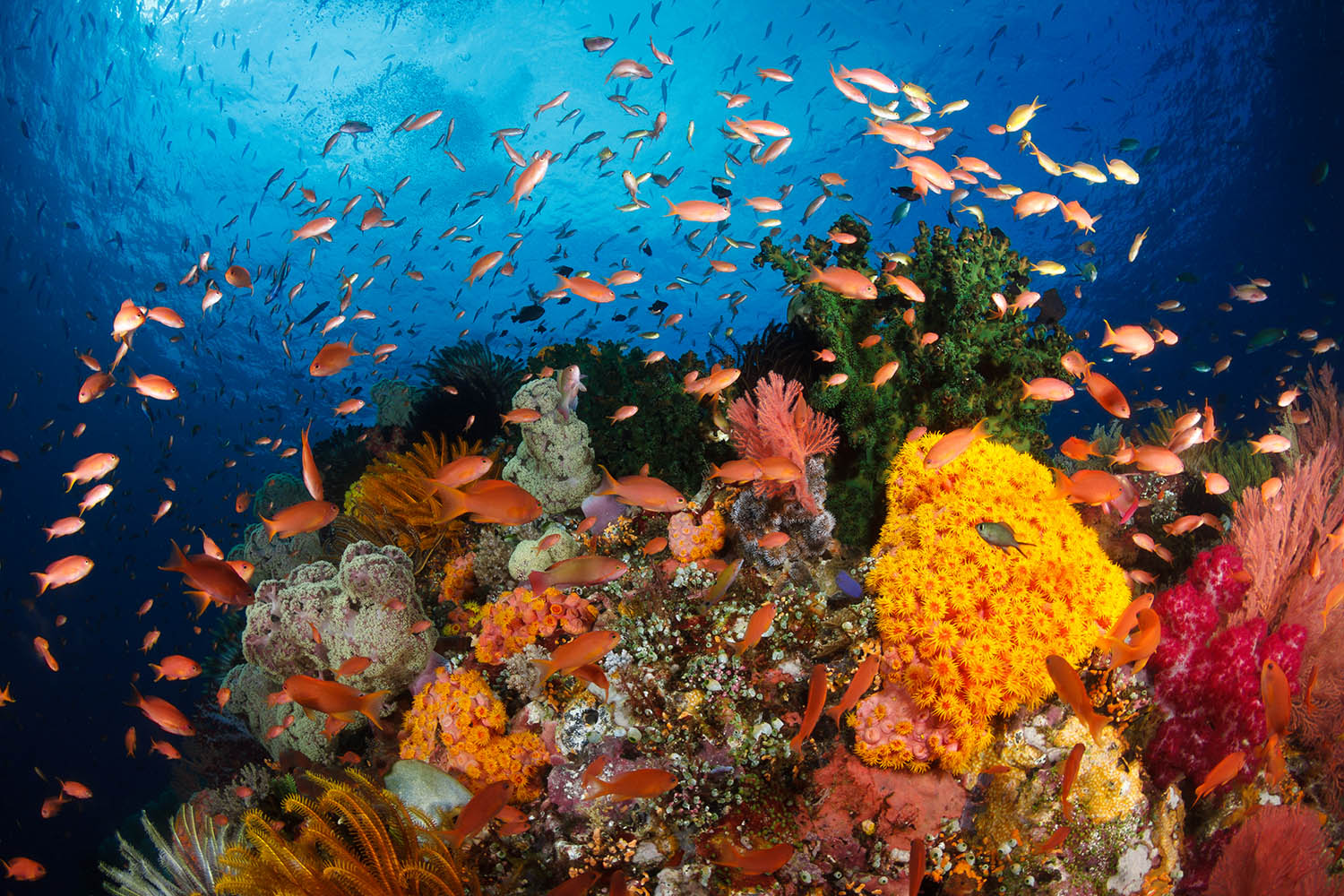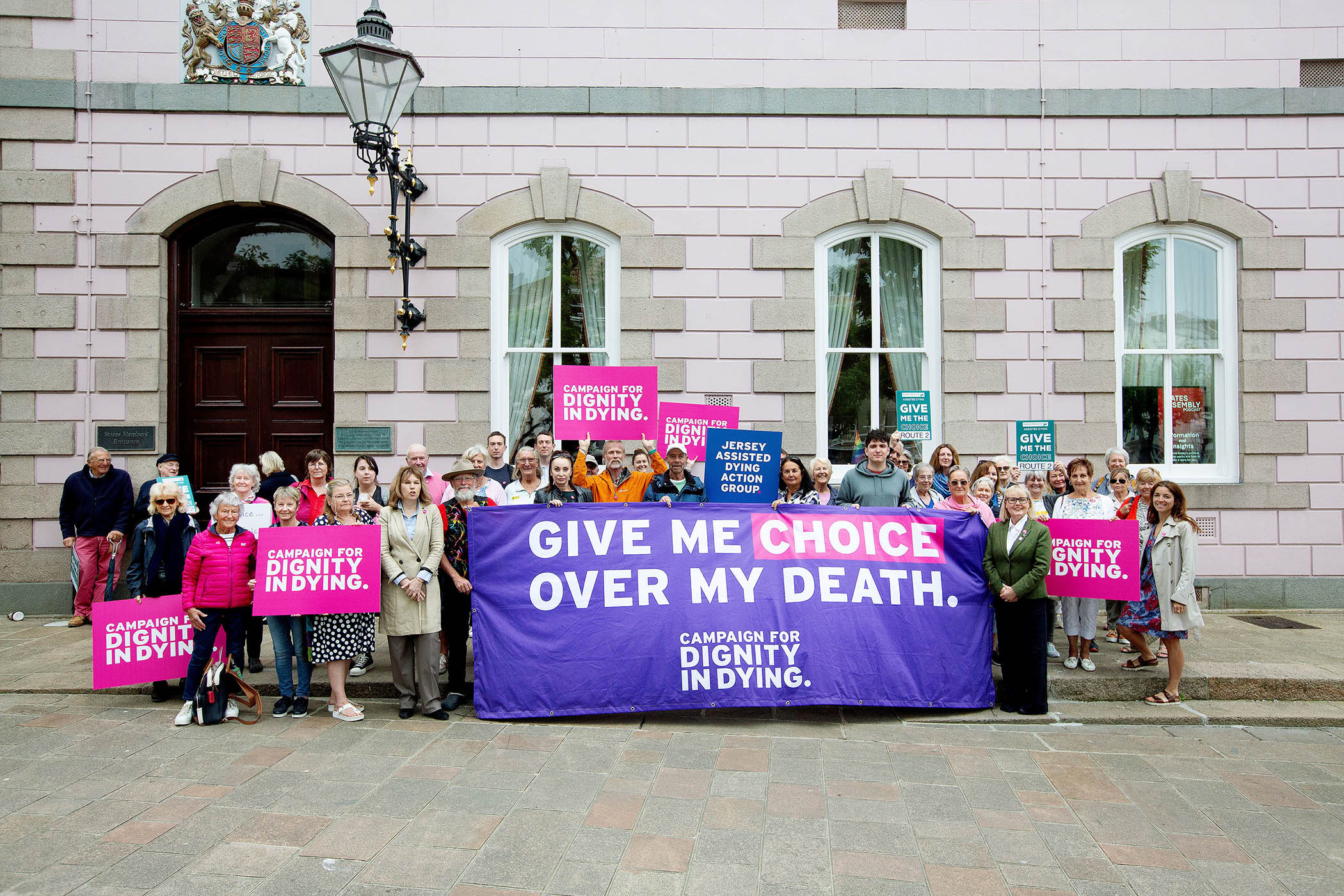The ocean is Earth’s blue heart. It sustains all life on this planet, regulating climate, producing half the oxygen we breathe and feeding billions. Yet, despite its critical importance, much of the ocean remains unprotected and under siege. That must change. Now.
In March 2023, after nearly two decades of negotiations, the world reached a historic milestone: the adoption of the United Nations high seas treaty, a legally binding agreement to conserve and sustainably use biodiversity in areas beyond national jurisdiction. But the job is far from finished.
The treaty cannot become the law of the sea until at least 60 countries ratify it. As of now, 30 nations have done so. The dial is moving, but the window to act is closing and the responsibility to secure the ocean’s future rests squarely on the shoulders of the world’s most influential nations.
We, the Planetary Guardians, urge all countries – and especially major economies and coastal powers – to ratify the high seas treaty without delay. There is no credible pathway to halting biodiversity loss, mitigating climate change or achieving the UN sustainable development goals without protecting the high seas, which comprise nearly half the planet’s surface.
These international waters, lying beyond 200 nautical miles from coastlines, have long been governed by a patchwork of outdated laws. Lacking effective enforcement, they have become a wild west of unregulated industrial fishing, deep-sea mining prospecting, plastic dumping and ecosystem disruption. Marine species, from majestic whales to microbial life, face unprecedented threats. According to the Intergovernmental Science-Policy Platform on Biodiversity and Ecosystem Services, ocean biodiversity is declining at an alarming rate, with nearly 90% of fish stocks fully exploited, overexploited or depleted.
The high seas treaty offers a framework to turn the tide. It enables the creation of marine protected areas in international waters, strengthens environmental impact assessments for high-seas activities and establishes mechanisms for capacity-building and equitable benefit-sharing of marine genetic resources.
These measures are not just symbolic, they are essential to achieving the global goal of protecting 30% of the planet’s land and sea by 2030, as agreed in the Kunming-Montreal Global Biodiversity Framework.
We must also recognise that the ocean crisis does not exist in isolation. Johan Rockström’s Planetary Boundaries framework reminds us that Earth operates as an interconnected system, with critical limits for climate, biodiversity, land use and more. Crossing these boundaries endangers planetary stability. A whole-Earth approach, one that treats the high seas not as separate from terrestrial and atmospheric systems but as integral to them, is essential to restoring harmony within the biosphere.
Critically, the treaty also acknowledges the role of Indigenous peoples’ knowledge, the rights of developing countries and the need for fair access to ocean science and technology. It reflects the principle that the ocean is not a commodity to be exploited by the few, but a common heritage of all humanity.
Yet this vision can only be realised through ratification. Without swift action, the treaty risks languishing in political limbo, much like past agreements that failed to gain the traction needed to effect real change. Delay emboldens those who profit from inaction and erodes public trust in multilateral solutions.
Newsletters
Choose the newsletters you want to receive
View more
For information about how The Observer protects your data, read our Privacy Policy
The leadership of countries such as France, Chile, Palau and the European Union has been commendable. But we need the US, China, UK, Brazil, India and other G20 nations to follow suit. These are the countries whose political will can make or break global treaties. Their ratification would send a resounding signal that protecting the ocean is not a fringe concern but a pillar of planetary stewardship.
Time is not on our side. The International Seabed Authority (ISA) is already reviewing deep-sea mining applications. Climate-driven ocean deoxygenation, acidification and warming are accelerating. Plastic pollution is projected to triple by 2040 unless we change course. Every day of delay makes the high seas more vulnerable and recovery more difficult.
Ratifying the treaty is not only a planetary imperative, but a moral one. We owe it to future generations to leave them an ocean teeming with life, mystery and possibility. We owe it to the countless species whose survival depends on our restraint. And we owe it to ourselves. Safeguarding the ocean is safeguarding our own future.
As someone who has spent a lifetime exploring the ocean’s wonders, from coral gardens to deep-sea creatures, I have seen what we stand to lose. But I have also seen what is possible when humanity acts with courage and compassion. Let this be such a moment. Let this be the turning point. Ratify the high seas treaty. The ocean cannot wait.
Written on behalf of the Planetary Guardians. Sylvia A Earle is an ocean scientist, explorer, author and former chief scientist of the US National Oceanic and Atmospheric Administration
Photograph by Getty


